InterfaceRice Session Moderators
Meet the Minds Behind the Sessions
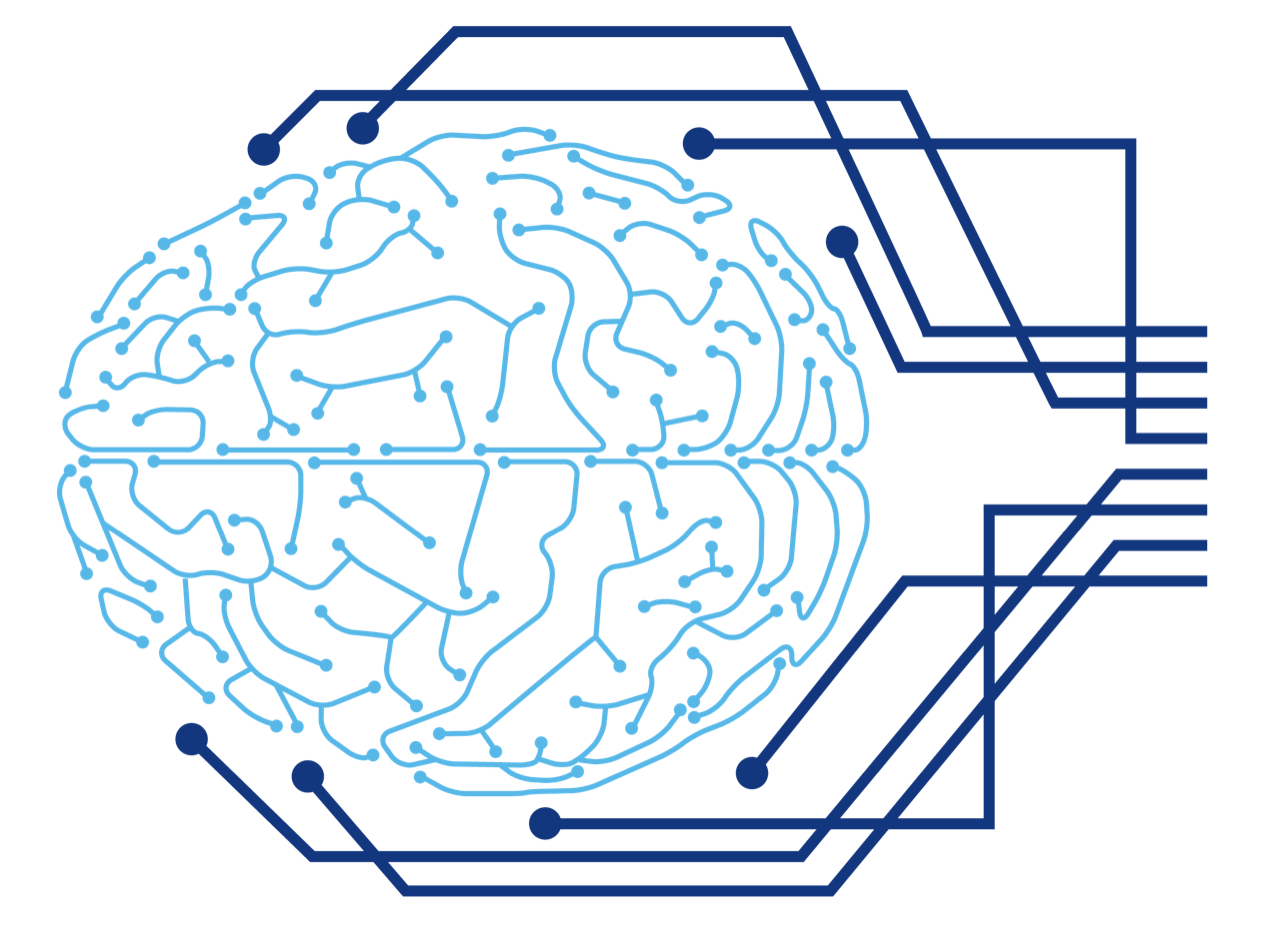
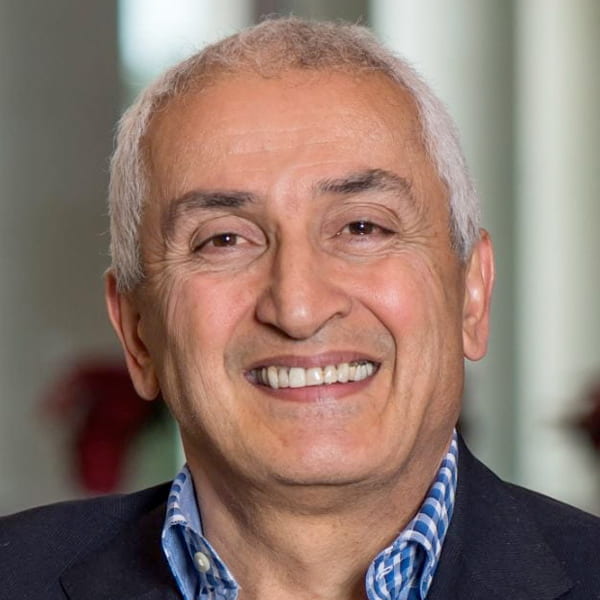
Behnaam Aazhang, PhD
Behnaam Aazhang is a Fellow of IEEE and AAAS, and a distinguished lecturer of IEEE Communication Society. He is the J.S. Abercrombie Professor in the Department of Electrical and Computer Engineering and Director of the Center for Neuroengineering, a multi-university research center at Rice University. His research interests are signal and data processing, information theory, dynamical systems, and their applications to neuro-engineering with focus areas in (i) understanding neuronal circuits connectivity and the impact of learning on connectivity (ii) developing minimally invasive and non-invasive real-time closed-loop stimulation of neuronal systems to mitigate disorders such as epilepsy, Parkinson, depression, obesity, and mild traumatic brain injury (iii) developing a patient-specific multisite wireless monitoring and pacing system with temporal and spatial precision to restore the healthy function of a diseased heart, (iv) developing algorithms to detect, predict, and prevent security breaches in cloud computing and storage system

Jessica Butts, PhD
Jessica completed her B.S. in Biomedical Engineering at Washington University in St. Louis and her Ph.D. in Bioengineering as an NSF Fellow from the University of California – San Francisco and Berkeley. During her undergraduate and graduate research studies, Jessica developed the first directed differentiation protocol of V2a interneurons, an excitatory neuron found in the brainstem and spinal cord, from mouse and human embryonic stem cells. Jessica then completed her postdoctoral training as an NRSA Fellow at Baylor College of Medicine researching neuronal fate decisions of the Atoh1-expression lineage in the developing brainstem.
Jessica has a deep interest in what drives neural fate decisions, particularly in the brainstem. Connecting the brain to the spinal cord, the brainstem is the most evolutionarily conserved part of the nervous system and is responsible for our everyday survival including regulating heart rate and respiration. Despite the importance of the brainstem, little is known about how it develops and how diverse neuronal functions are carried out. Her lab focuses on uncovering in vivo developmental programs to engineering new in vitro neuronal models from pluripotent stem cells. These findings are then used to model various neurological diseases that affect the brainstem.

Benjamin Hayden, PhD
Dr. Ben Hayden graduated from Rice in 2000, did a PhD at UC Berkeley (2005) and a post-doctoral fellowship at Duke University (2011). He was an Assistant Professor of Brain and Cognitive Sciences at the University of Rochester, an Associate Professor of Neuroscience at the University of Minnesota, and has been a Professor of Neurosurgery at BCM since 2023. His research has focused on decision-making in naturalistic contexts, and especially on the role of prefrontal cortex in decision-making.
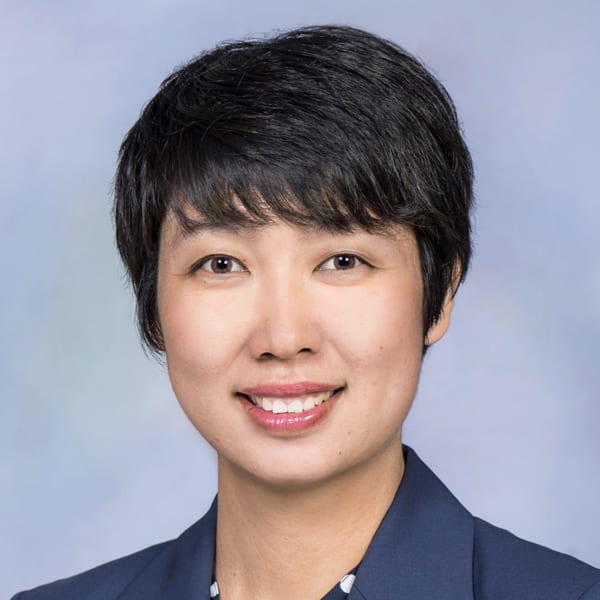
Lan Luan, PhD
Dr. Luan was trained as an experimental physicist, receiving her B. S. from the University of Science and Technology of China with a major in Physics and a minor in Electrical Engineering. She attended Stanford University (PhD in Physics 2011), followed by three years at Harvard University as a postdoctoral fellow. She moved to Austin in the fall of 2014 and decided to make the transition from Physics to Biomedical Engineering while being a research scientist in the Department of Physics. She joined the Department of Biomedical Engineering as a research assistant professor in Sep 2017 and started her independent research on integrative neural interface since then. She has been Assistant Professor of Electrical and Computer Engineering at Rice University since October of 2019 and a core faculty member of the Neuroengineering Initiative. Dr. Luan’s work has been recognized by several agencies including Quantitative Research Development Award from National Lung, Heart, and Blood Institute; American Heart Association Scientist Development Award (declined). She was the finalist of the Lawrence Golub Postdoctoral Fellowship at Harvard University, and received Guo Moruo Fellowship from University of Science and Technology of China (summa cum laude).
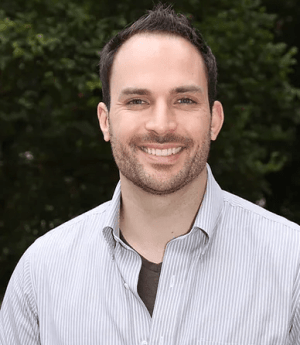
Jacob T. Robinson, PhD
Associate Professor of Electrical and Computer Engineering, Rice University
Adj. Associate Professor of Neuroscience, Baylor College of Medicine
Dr. Robinson graduated from the University of California, Los Angeles with a B.S. in Physics in 2003. While at UCLA, he worked in the Electrical Engineering and Physics departments in the laboratories of Professors HongWen Jiang, David Saltzberg, and Yahya Rahmat-Samii. In 2003 he entered the Applied Physics Ph.D. program at Cornell University where he worked with Professor Michal Lipson developing nanoscale silicon devices that confine light to small volumes and thereby enhance the interaction between light and matter. He also developed a novel scanning probe technique to image highly confined optical modes with nanometer spatial resolution.
Upon completing his Ph.D. in 2008, Dr. Robinson joined Professor Hongkun Park’s research group in the Chemistry and Chemical Biology Department at Harvard University. As a postdoctoral researcher he helped develop arrays of vertical silicon nanowires that can penetrate the cellular membrane without affecting cell viability. His work at Harvard showed that vertical silicon nanowires can be used to deliver biomolecules into a cell and interrogate a cell’s internal electrical activity. His current research interests include nanoelectronic, nanophotonic and nanomagnetic technologies to manipulate and measure brain activity. Dr. Robinson’s work has been recognized by several agencies including the DARPA Young Faculty Award and the John S. Dunn Foundation Collaborative Research Award.
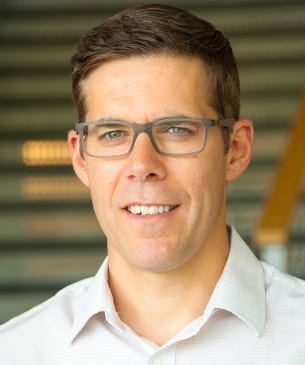
John Seymour, PhD
Dr. John Seymour is an Associate Professor Associate Professor of Neurosurgery at the McGovern School of Medicine University of Texas Health Science Center (UTHealth). He also has a joint appointment as Associate Professor of Electrical & Computer Engineering at Rice University. Prior to joining UT Health, he served as research faculty in the Department of Electrical Engineering at the University of Michigan where he developed novel neural interface systems including stretchable bioelectronics and optogenetic mapping tools. His industry experience includes working at NeuroNexus as a Principal Scientist. He earned his B.S. with Honors in Engineering Physics from the Ohio State University and his M.S. and Ph.D. in Biomedical Engineering from the University of Michigan.
Prof. Seymour heads the Translational Biomimetic Bioelectronics Lab, where they seek to develop novel materials and fabrication methods to improve the treatment of neurological disease. His interests are Neuroengineering, Micro-devices, signal processing, engineering design and translation.
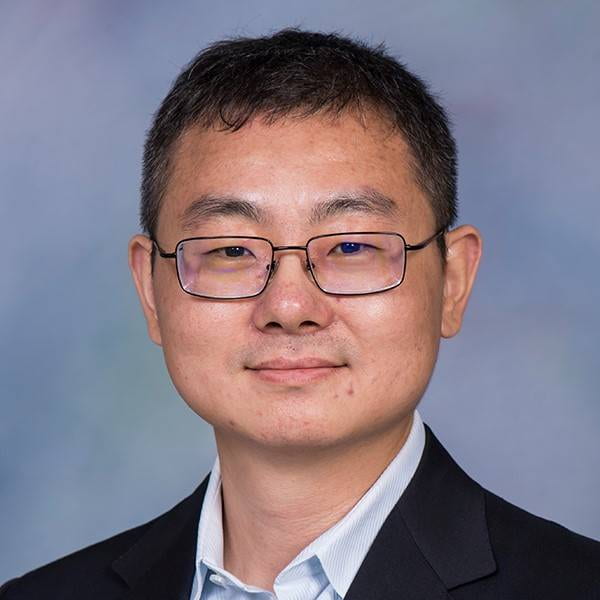
Chong Xie, PhD
Dr. Chong Xie received his BS degree in Physics from the University of Science and Technology of China in 2004, and Ph.D. degree in Materials Science and Engineering from Stanford University in 2011. He did his postdoctoral work at Harvard University in 2011-2014. Before joining Rice ECE, he was an assistant professor of the Department of Bioengineering at University of Texas at Austin in 2014-2019.
Dr. Xie’s laboratory is primarily interested in applying specially designed functional devices to solve key challenges in fundamental and clinical neuroscience. The general goal is to realize seamless integration of man-made electronics with the nervous system and to help us better understand, interact with, and augment to the living systems.